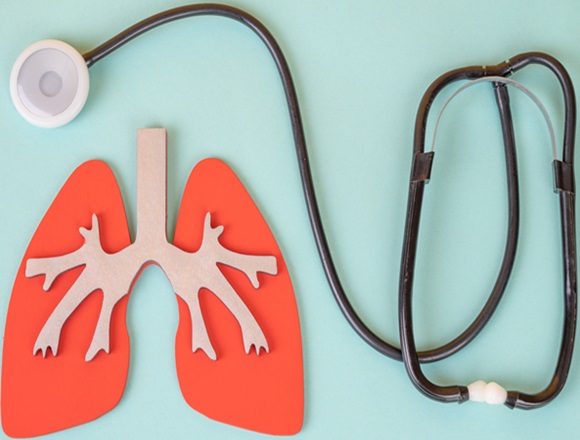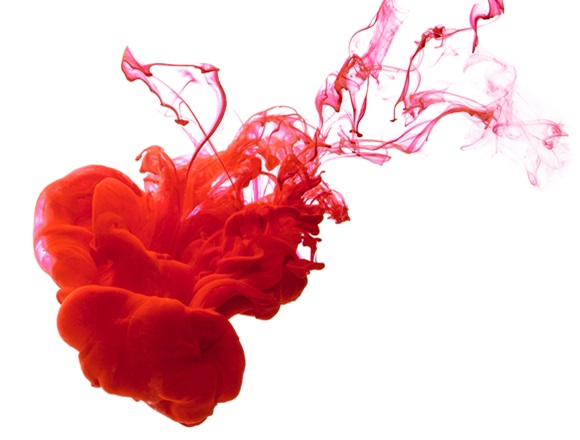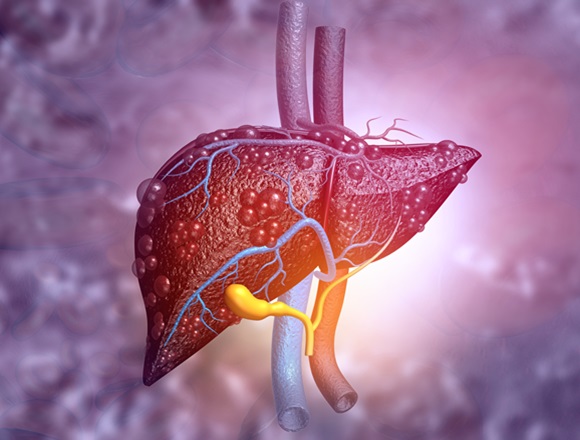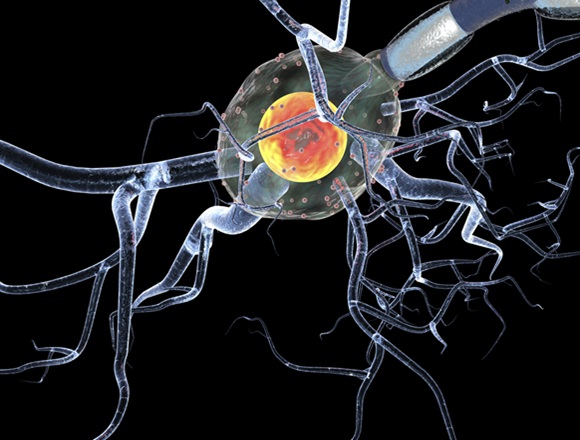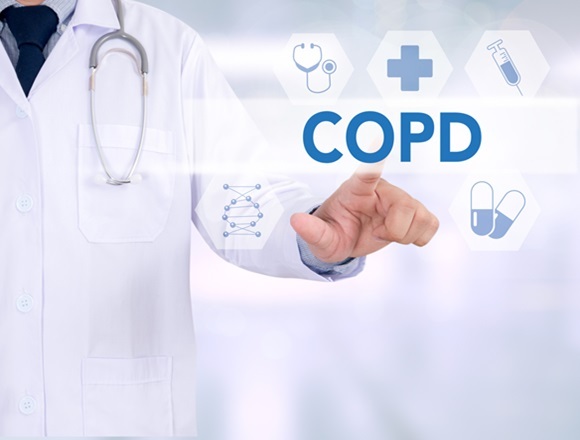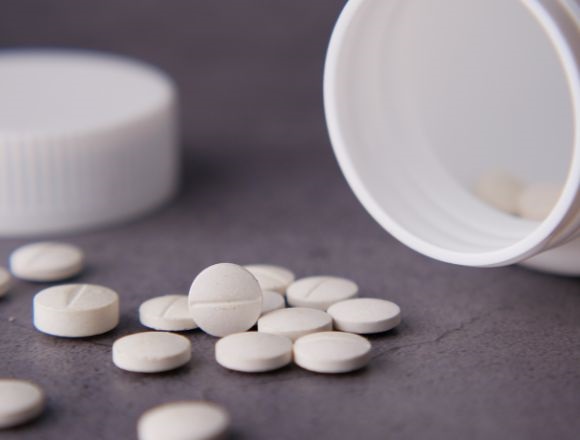References
Cook D, Deane A, Lauzier F, et al; REVISE Investigators. Stress Ulcer Prophylaxis during Invasive Mechanical Ventilation. N Engl J Med. 2024 Jul 4;391(1):9-20. doi: 10.1056/NEJMoa2404245. Epub 2024 Jun 14. PMID: 38875111.Brown SM. Uncertain Answers - Proton-Pump Inhibition in the ICU. N Engl J Med. 2024 Jul 4;391(1):78-79. doi: 10.1056/NEJMe2405782. Epub 2024 Jun 14. PMID: 38875100.
Background: Despite having been investigated for many decades, the use of stress ulcer prophylaxis among critically ill patients, especially concerning proton pump inhibitors (PPIs), remains controversial, with some reports of variable quality even indicating the possibility of harm.
Methods: In this multicenter trial critically ill adults receiving invasive ventilation were randomized to receive 40 mg of IV pantoprazole daily or a matching placebo. The primary outcome was clinically important upper gastrointestinal (GI) bleeding within 90 days, and the primary safety outcome was death from any cause at 90 days.
Results: Among all 4821 randomized patients, the average age was 58 years and the average Acute Physiology and Chronic Health Evaluation (APACHE) II score was 22. Clinically important upper GI bleeding occurred in 25 of 2385 patients (1.0%) receiving pantoprazole and in 84 of 2377 patients (3.5%) receiving placebo (hazard ratio [HR], 0.30; 95% CI, 0.19-0.47; p < .001). At 90 days, 29.1% of patients in the pantoprazole group died versus 30.9% in the placebo group (HR, 0.94; 95% CI, 0.85-1.04; p = .25). In prespecified subgroup analyses (prehospital acid suppression vs none; APACHE II score of ≥25 vs <25; medical vs surgical or trauma ICU admission; positive vs negative status for severe acute respiratory syndrome coronavirus 2 [SARS-CoV-2] infection; and female vs male sex), clinically important bleeding seemed to be reduced in each group (with the exception of the active SARS-CoV-2 infection group). Mortality was similar in the 2 groups, including all subgroups: the only point estimate >1, which was not statistically significant, was in the subgroup of sicker patients (APACHE II score ≥25; HR, 1.04 [0.89-1.20]). The use of pantoprazole did not result in the excess of ventilator-associated pneumonia (23.2% vs 23.8%) or Clostridioides difficile infection (1.2% vs 0.7%).
Conclusions: The authors concluded that the use of pantoprazole among patients on mechanical ventilation decreases clinically important upper GI bleeding without affecting mortality.
McMaster editors’ commentary: Even though the current study may not change the overall pattern of practice, it will provide greater certainty for practitioners when prescribing GI prophylaxis to their patients. The absolute difference in bleeding frequency of ~2.5 percentage points indicates that one clinically significant GI bleeding may be avoided for every 40 treated patients (NNT = 40). Of note, the accompanying editorial indicates that some experts and clinicians (not all) will still be worried about the potential for increasing mortality among the most severely ill subgroup and restrict PPI use in this group to otherwise higher-risk populations (those on antiplatelet or anticoagulant drugs, for example).
 English
English
 Español
Español
 українська
українська

